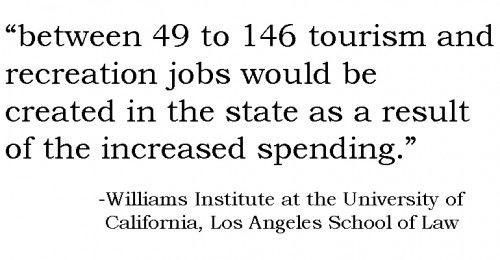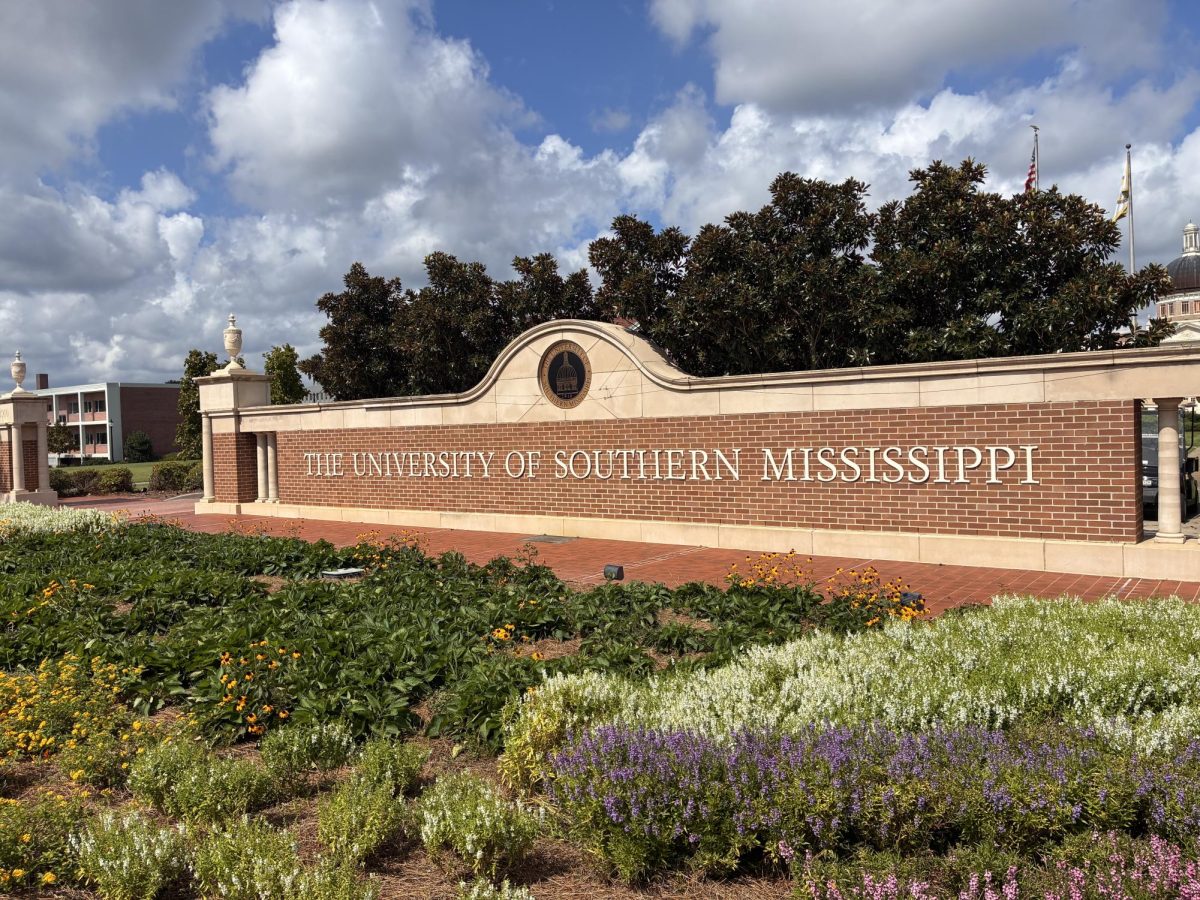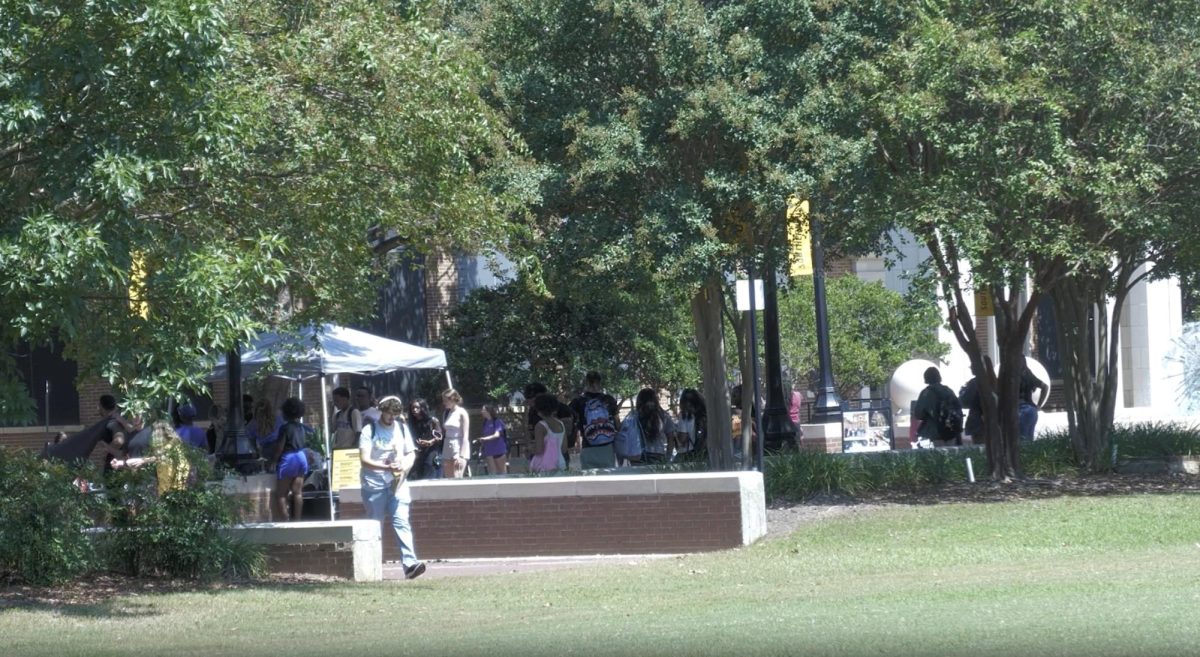A 2014 study by the Williams Institute at the University of California, Los Angeles School of Law concluded that the legalization of same-sex marriage in Mississippi would bring a significant economic boost to the state within the first three years.
The study predicted that Mississippi would see a $10.8 million economic boost in the first year of the legalization of same-sex marriage, with $6.9 million coming in the first year alone.
Along with the increase in spending, the study’s findings predicted that Mississippi would receive over $750,000 in sales tax revenue.
The study also claimed that between 49 to 146 tourism and recreation jobs would be created in the state as a result of the increased spending.
The Williams Institute came to this conclusion by using census statistics that indicate the number of same-sex couples residing in Mississippi and comparing the experience that other states had when they first legalized same-sex marriage.
The institute looked at Massachusetts and a few other areas that have legalized same-sex marriage. In those areas, over half of same-sex couples married during the initial three years that same-sex marriage was made legal.
Using this information, the study predicts that if same-sex marriage were to be legalized in Mississippi, about 1,742 of the 3,484 same-sex couples who are living in Mississippi would marry in the first three years.
The study then applied the average cost of a wedding in Mississippi, which was $19,132 in 2012 according to The Wedding Report, to arrive at the predicted wedding spending amount of about $8.3 million total.
That, combined with the spending of out-of-state couples whom they predict would come to Mississippi to marry, as well as the predicted number of out-of-state wedding guests, helped the study to arrive at its final number of $10.8 million.
“The implications of the institute’s study on the economic impact of same-sex marriage are that it will be a boon to people whose livelihood is connected to weddings,” University of Southern Mississippi history professor Douglas Bristol said.
Bristol, who is also the faculty adviser for the Alliance for Equality on Southern Miss’ Gulf Park campus, said, “I do believe that economic factors are important as a reason for ending the ban on same-sex marriage in Mississippi.”
According to Bristol, there are three reasons why same-sex marriage might help boost Mississippi’s economy.
First, there is the positive economic impact from performing same-sex marriages, cited by the Williams Institute.
Second, since the overwhelming majority of Fortune 500 companies have policies of not discriminating on the basis of sexual orientation, these companies are reluctant to open in states that do not protect the rights of LGBT employees.
And finally, ending the ban on same-sex marriage will be an economic boon to LGBT residents of Mississippi who do not receive much-needed support even though 27 percent of LGBT Mississippians raise children, which is the highest percentage in the nation.
The study demonstrated economic benefits that Mississippi could possibly gain with the legalization of same-sex marriage. But some marriage equality advocates want to make sure that the focus remain on equal rights.
“I think the study is important, because it shows the reverberations that marriage equality can bring throughout society and the fringe benefits to be gained,” said Zachary Stewart, a senior history major and Alliance for Equality executive council member.
“However, I think we have to remember that these economic benefits are not the goal of the movement for equal rights. This is a fight for civil rights guaranteed to all citizens by the Constitution.”






























